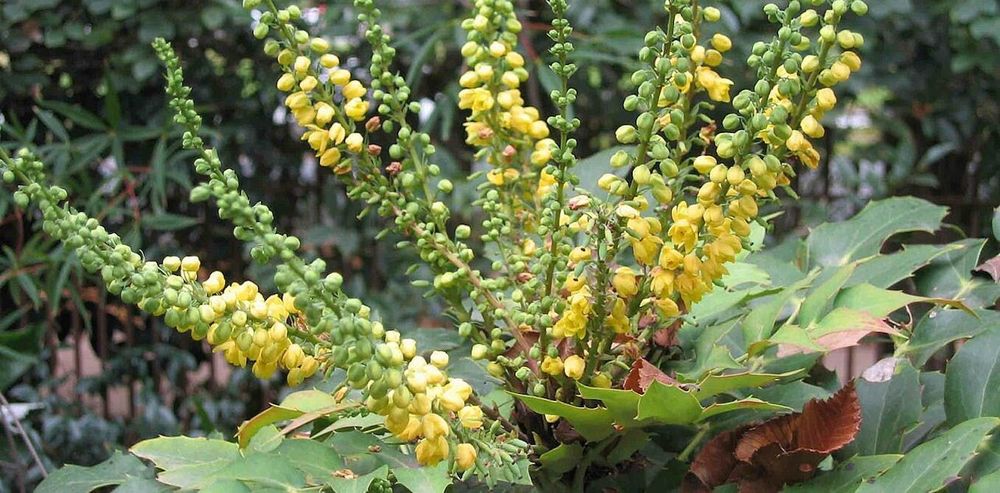
ruththornton.substack.com/p/weekly-bio...

ruththornton.substack.com/p/weekly-bio...

I loved this analysis of what will happen to writing as AI proliferates and takes over the internet. The good news - it's not necessarily all bad news!
theconversation.com/more-than-ha...

I loved this analysis of what will happen to writing as AI proliferates and takes over the internet. The good news - it's not necessarily all bad news!
theconversation.com/more-than-ha...
substack.com/@ruththornto...

substack.com/@ruththornto...
ruththornton.substack.com/p/weekly-bio...

ruththornton.substack.com/p/weekly-bio...
ruththornton.substack.com/p/weekly-bio...

ruththornton.substack.com/p/weekly-bio...
substack.com/@ruththornto...

substack.com/@ruththornto...
www.nytimes.com/interactive/...

www.nytimes.com/interactive/...
ruththornton.substack.com/p/weekly-bio...

ruththornton.substack.com/p/weekly-bio...
ruththornton.substack.com/p/hold-the-s...

ruththornton.substack.com/p/hold-the-s...
ruththornton.substack.com/publish/post...

ruththornton.substack.com/publish/post...
ruththornton.substack.com/p/sunny-side...

ruththornton.substack.com/p/sunny-side...
ruththornton.substack.com/p/weekly-bio...

ruththornton.substack.com/p/weekly-bio...


ruththornton.substack.com/subscribe?pa...

ruththornton.substack.com/subscribe?pa...
planetdetroit.org/2025/02/fore...

planetdetroit.org/2025/02/fore...
greatlakesecho.org/2025/02/13/r...

greatlakesecho.org/2025/02/13/r...

